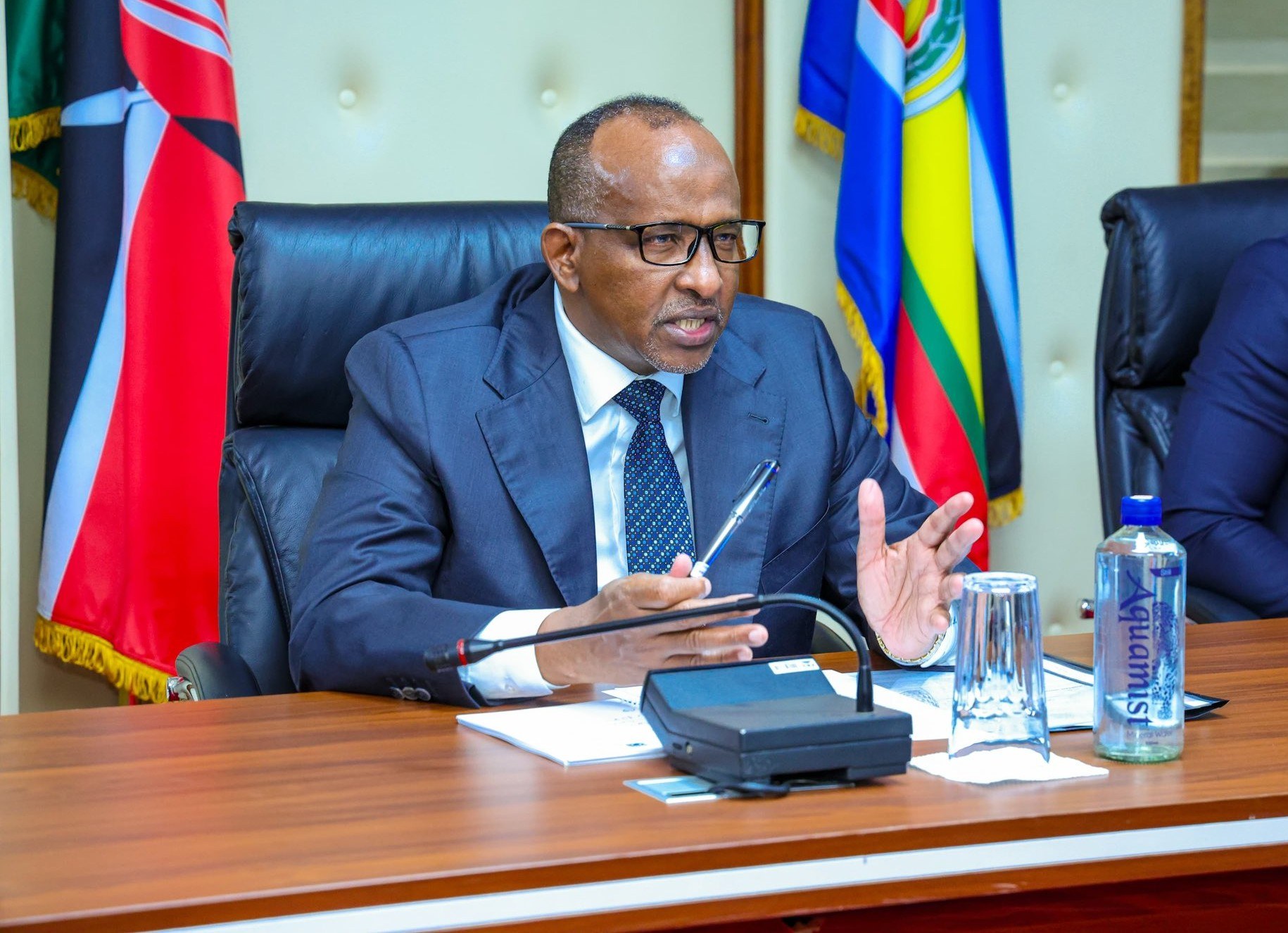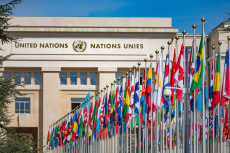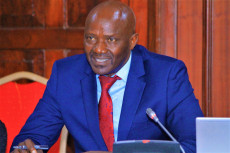- In an effort to rebuild Kenya's healthcare system, the Ministry of Health launched a comprehensive Joint Anti-Fraud Action on August ,18, 2025 at a meeting held at Afya House, Nairobi, with medical insurance companies. This initiative aims to eliminate ghost patients, penalize malpractice, and financial leakages that face them in order to restore public trust.
To rebuild Kenya's healthcare system, the Ministry of Health has launched a comprehensive Joint Anti-Fraud Action on August,18, 2025 at a meeting held at Afya House, Nairobi, with medical insurance companies. This initiative aims to eliminate ghost patients, penalize malpractice, and financial leakages that face them to restore public trust.
The collaborative effort, led by Health Cabinet Secretary (CS) Aden Duale, brings together strategic partners to support the Social Health Authority (SHA) and advance the nation's goal of Universal Health Coverage (UHC).
The joint action plan is aimed at giving quality, accessible, and financially fair health solutions for all Kenyans regardless of their age or economic status. The meeting agreed on anti-fraud measures, including biometric verification, joint audits and a shared database of fraudulent providers.
In addition to the direct anti-fraud measures, the Ministry is addressing reforms outlined in the Taifa Care framework. This includes pivotal legislation such as the Social Health Insurance Act, the Primary Health Care Act, and the Digital Health Act, all of which are designed to create a more regulated, transparent, and fair healthcare system.
The Ministry of Health (MoH), in partnership with Social Health Authority (SHA) and private insurers is built on a framework of cooperation and shared goals. The meeting agreed on several things to strengthen this collaboration:
Read More
Complementary Coverage: Private insurers to offer plans beyond SHA’s package, for specialised services like overseas care and elective procedures. They will also co-finance chronic care alongside SHA’s new Emergency, Chronic, and Critical Illness Fund (ECCIF).
Shared Claims & Data: Linking insurers to SHA’s centralized claims platform for real-time verification, faster processing and prevention of double billing in line with the Digital Health Act (2023) and Data Protection Act (2019).
Aligned Empanelment Standards: By harmonizing accreditation and empanelment criteria, the Ministry seeks to ensure that all Kenyans, regardless of whether SHA or a private scheme insures them, receive consistent, high-quality care.
In response, the Chief Executive Officers (CEOs) of medical insurance companies requested the Ministry’s support in strengthening the National Health Registry and establishing a regulatory framework for drug pricing to enhance transparency, accountability, and integrity in the sector.
In a related development, on August 17, 2025, CS Duale announced sweeping changes to the Overseas Treatment Benefit Package under the Social Health Insurance Act.
Through a statement , The Ministry of Health (MoH) has temporarily paused overseas treatment approvals for 30 days to implement new, stricter rules aimed at curbing fraud, a significant issue under the defunct National Health Insurance Fund (NHIF).
“SHA allows for treatment outside Kenya at a set annual rate of Ksh.500, 000 for services not available locally, “the Ministry said.
To qualify, overseas hospitals must be formally contracted by the SHA and have a Memorandum of Understanding (MoU) with a local hospital for follow-up care upon the patient's return.
The new system mandates: Preauthorization before travel, Notification upon admission and discharge, Online claims submission for adjudication and payment and Local facility follow-up care after returning to Kenya.
SHA's board is now responsible for vetting and approving contracts with foreign hospitals, ensuring legal and financial oversight as Kenya takes these critical steps toward a more transparent and sustainable healthcare system.












